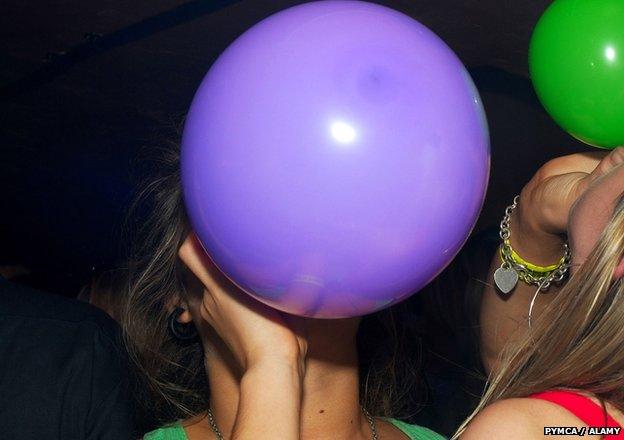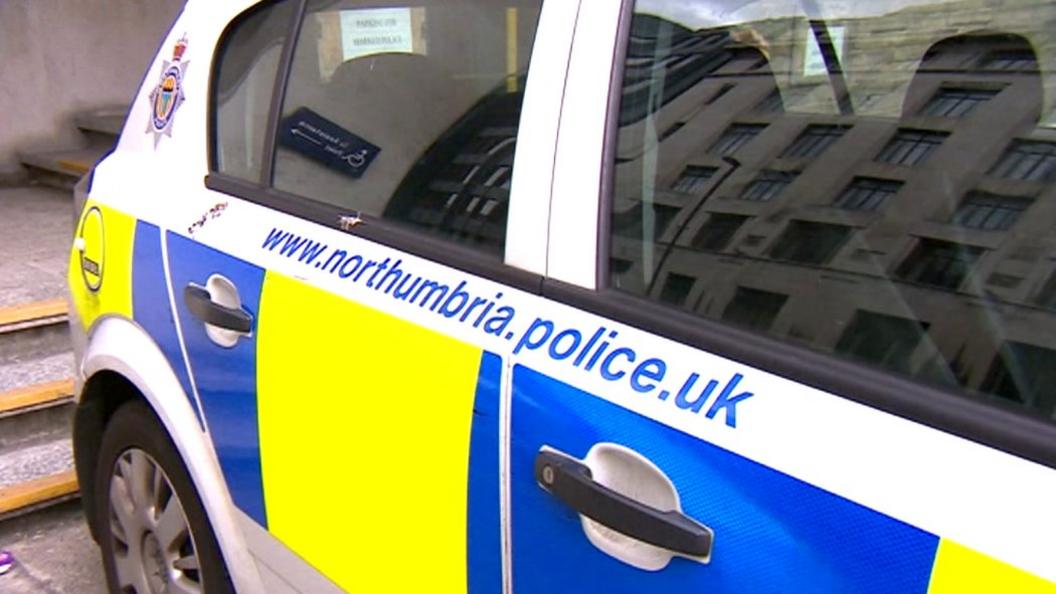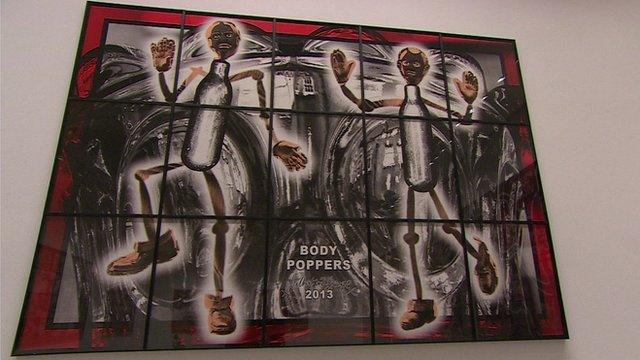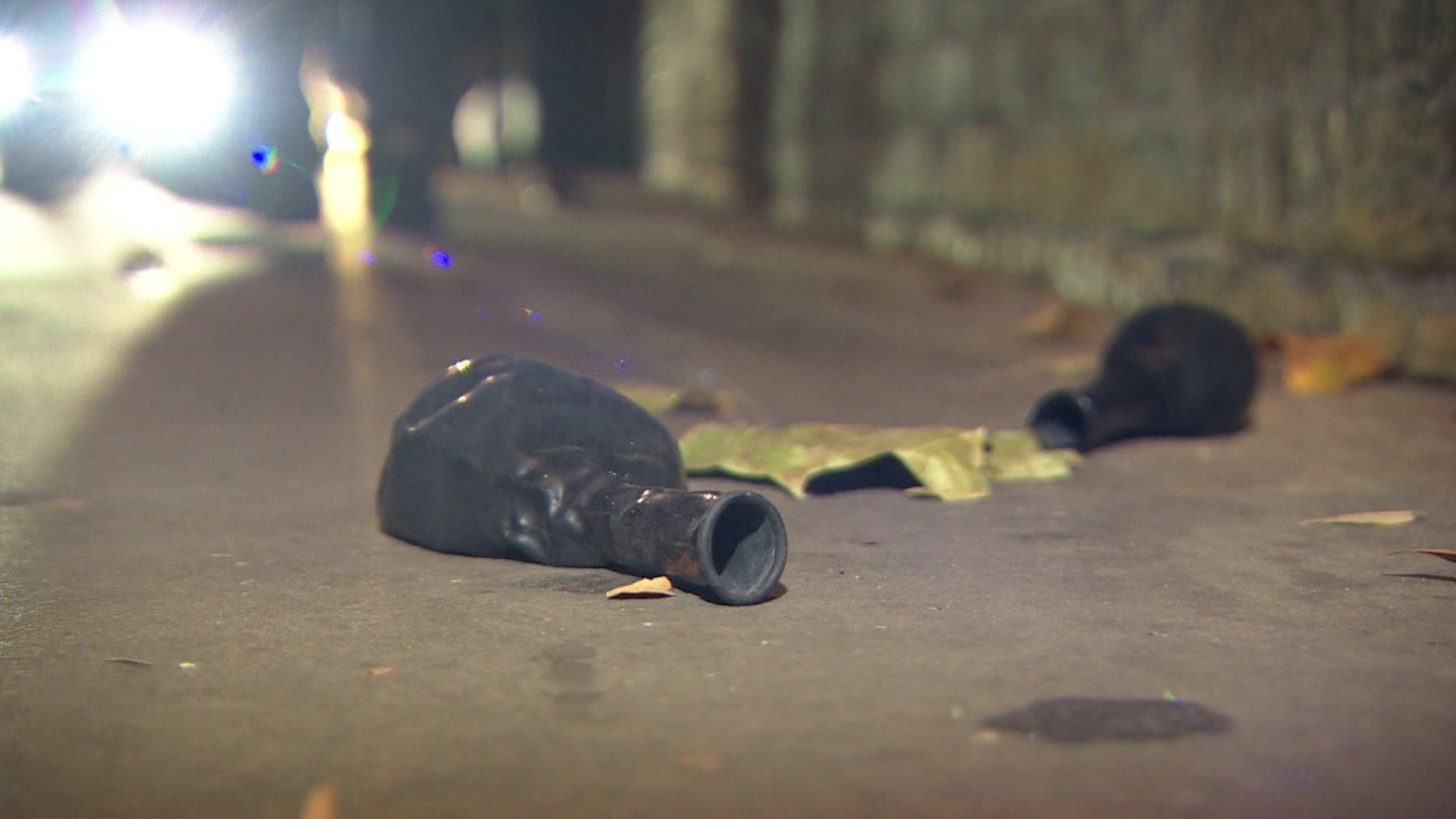Councils issue health warning on 'laughing gas' use
- Published

A health warning has been issued by councils across England and Wales about the dangers of inhaling "laughing gas".
Formally known as nitrous oxide, the gas - mostly used in medicine - has become a popular recreational drug, known for its relaxing effects.
The Local Government Association (LGA), which represents about 400 councils, issued the health warning and said councils were seizing large hauls of the drug.
Taking the gas is not illegal.
The LGA issued the warning on behalf of councils, which took over responsibility for public health matters in April 2013.
The gas is inhaled by users in a balloon. The LGA estimates that about 500,000 young people frequently take nitrous oxide.
The LGA warning says regular intake of the chemical can lead to oxygen deprivation, which can result in loss of blood pressure, fainting and even heart attacks.
It also warns that prolonged exposure can cause anaemia, bone marrow suppression and poisoning of the central nervous system.
'Glamorised craze'
The association said it was concerned by some internet clips, which had been posted on social networking sites and appeared to show children inhaling the gas.
Katie Hall, chairwoman of the LGA's community wellbeing board, said: "It is deeply disturbing that this drug, which can be highly dangerous, is still widely viewed as safe.
"It is imperative that users understand just how harmful it can be. This gas can kill - and much more needs to be done to get this message across."
She also called on internet corporations to "step up to the plate" and "show responsibility by providing health warnings and links to drug awareness charities".
"It is wholly unacceptable that this craze is being glamorised and encouraged in this way," she said.
The LGA said warning leaflets had been distributed to pupils at schools and youth clubs.
But a laughing gas seller, who did not want to be named, told the BBC warnings were unlikely to put people off.
"People know the risk and people are taking the risk and there's such a high demand for it," he said.
"There are celebrities doing it and I think any time people see celebrities doing things they are going to want to do it anyway."
'Serious consequences'
Marolin Watson, from drug awareness charity Hope UK, said using the gas could lead people to experiment with more dangerous drugs.
She said: "People will be tempted either to do it over a prolonged period of time, which does increase the risks of asphyxiation, or they could have an accident while they're unconscious.
"But the real danger I think is that it will lead them to seek longer-lasting highs which will lead to drugs which do have more serious consequences."
Council officials in Norfolk, Hertfordshire and Thames Valley have all reported increasing numbers of "laughing gas" canisters being found.
Hackney council in east London said it had confiscated more than 1,200 canisters of the chemical on just one Saturday night in July outside pubs and clubs in Shoreditch.
- Published5 July 2014

- Published17 July 2014

- Published4 August 2014
